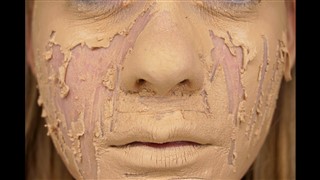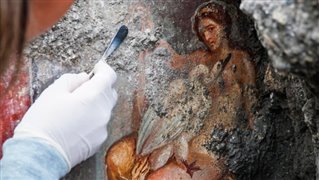It occurred to me when reading a post recently that adult Aspies sometimes seem to have spent so many years masking, mimicking & changing their behaviour to fit in that their "real" self has become subsumed by a "fake" self, or they feel they no longer actually have a real identity. I think that by reading accounts of the traits of other Aspies we can identify with some of them, and this can help to rebuild a sense of self. So I'm going to start with a list of Aspie traits that are "me" and I hope others will join in.
I have a an good long term memory, good eye for detail and pattern recognition. I have an interest in language and could read and spell well from an early age.I've always been clumsy with poor coordination and struggled to write neatly at school, and I still hate writing now but I like typing.
I have a history of struggling in work situations and moving on to another job when I can no longer cope. I have had times when I missed work a lot due to stress. I have never enjoyed meetings and work social events. I get frustrated if I get too many things to do at once. I don't like talking on phones. I don't like being observed, photographed or filmed.
I have never had a lot of friends and used to be a people pleaser, while resenting the fact that other people took advantage of me. I am good in one to one situations but have difficulty in group situations and find it uncomfortable when there are several different conversations going on. I am often bored in social situations but can talk endlessly about a topic of my own interest. I have often "burned bridges" with family and friend relationships because I just don't see that I have anything in common with them and trying to continue just seems a bit of a strain on both sides.
I am very sensitive to strong emotions in others and can be influenced by them. I have a high sensitivity to touch and cut the tags out of clothes. Certain smells really affect me. I hate people standing or sitting too close.
I hate the word "disorder" in the term ASD and refuse to be classified as "disabled". My perception of autism is that it is a label which refers mainly to the difficulties created for Aspies by social constructs, both physical - busy roads, supermarkets, offices, public transport, etc - and relational - being expected to want to join in with small talk, group activities, etc. We do have different patterns of thinking, but everyone is different. When we're alone we're not autistic. We are unique individuals who add to the total of human experiences. I like Temple Grandin's observation - if it weren't for the creativity and innovation of autistic people, the human race would still be standing around in caves making small talk.




